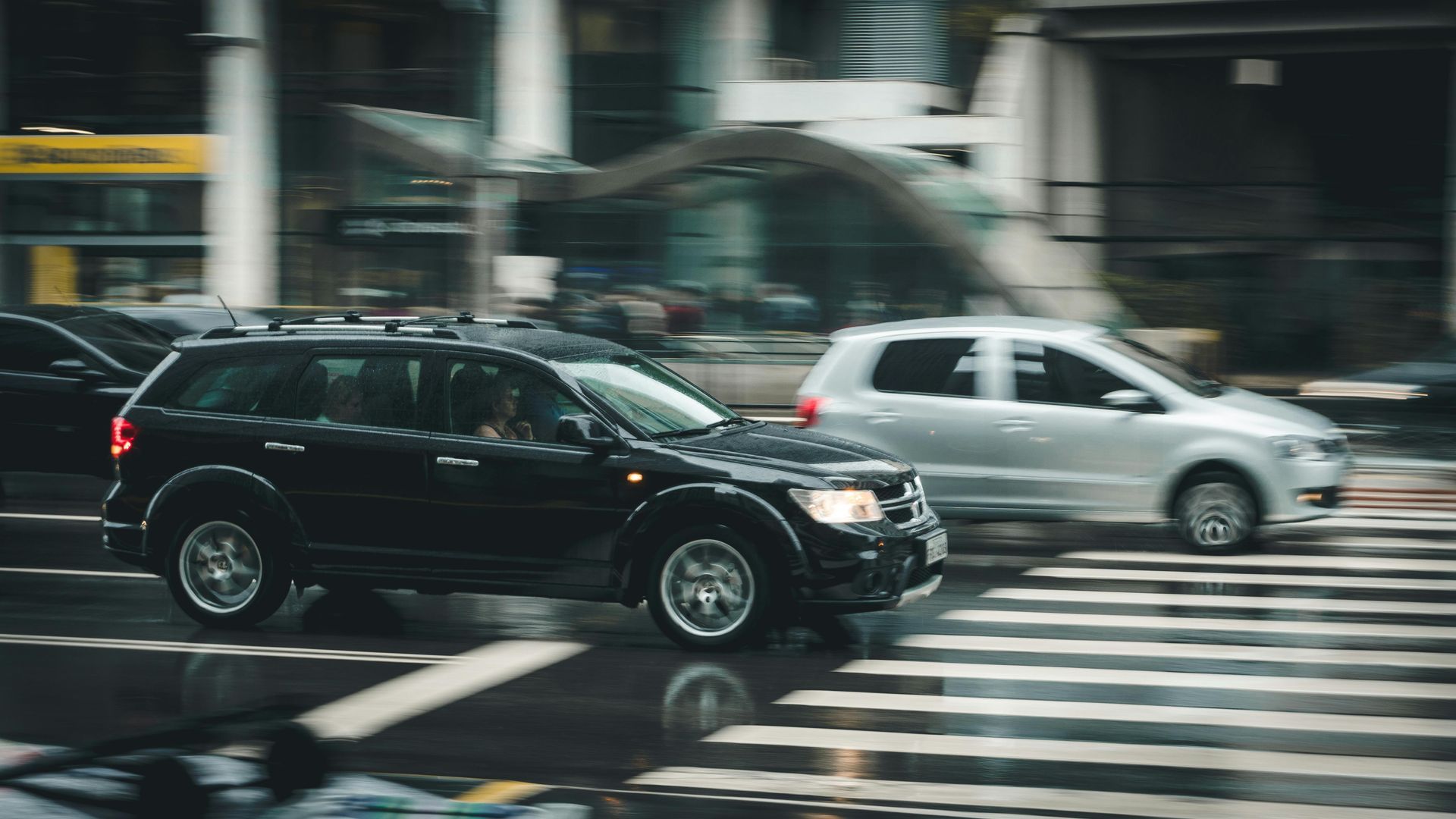Can You File a Claim for Emotional Distress After an Accident in Illinois?
Can You File a Claim for Emotional Distress After an Accident in Illinois?
If you've been in an accident, the physical injuries may be just the beginning of your suffering. Many victims in Illinois also experience emotional distress—anxiety, depression, insomnia, and even PTSD—that can impact their daily lives just as deeply. But can you actually file a claim for emotional distress after an accident in Illinois?
The short answer is yes—but with some important qualifications. At Halliday McCall, we assist individuals in Peoria who are navigating the emotional and legal challenges that follow serious accidents. Here's what you need to know about filing an emotional distress claim in Illinois.
What Is Emotional Distress in a Legal Context?
Emotional distress refers to psychological suffering resulting from a traumatic event, such as a car accident, slip and fall, or workplace injury. This can include:
- Anxiety and panic attacks
- Depression
- Sleep disturbances
- Fear of driving or leaving home
- Flashbacks or nightmares
Illinois law allows emotional distress damages to be claimed in both intentional tort and negligence cases, but the standards of proof vary.
Emotional Distress in Negligence Cases
If your emotional distress stems from a negligent act (like a careless driver causing a crash), Illinois generally requires that it be accompanied by a physical injury or a direct impact. This is known as the “impact rule.”
In some cases, courts may allow recovery for emotional harm without a physical injury—but this is more limited and typically reserved for plaintiffs who directly witnessed a traumatic event involving a close family member (known as a “zone of danger” case).
Emotional Distress in Intentional Tort Cases
Illinois courts are more open to emotional distress claims when the harm was caused intentionally. This includes:
- Assault
- Battery
- Intentional infliction of emotional distress (IIED)
To prevail in an IIED claim, you must prove the defendant’s conduct was extreme and outrageous, and that it caused severe emotional suffering.
Proving Emotional Distress
Whether your case involves negligence or intentional wrongdoing, documenting emotional distress is crucial. You may need:
- Medical records from therapists, psychologists, or psychiatrists
- Testimony from mental health professionals
- Testimony from family or friends who observed changes in your behavior
Why Legal Guidance Matters
Emotional distress claims can be complex, and insurance companies often try to undervalue or dismiss them. At Halliday McCall, we work with clients throughout Peoria to evaluate the strength of their claims and pursue fair compensation for the full scope of their injuries—both physical and emotional.
If you're struggling emotionally after an accident, don’t dismiss it as something you just have to “deal with.” You may have the right to pursue compensation—and we can help.












